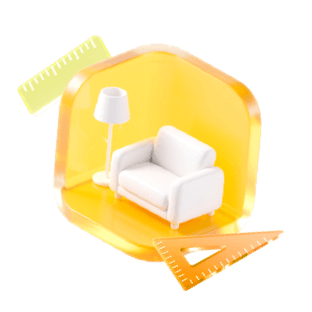Creating an ocean model and rendering it in Modo is a thrilling endeavor, allowing you to produce breathtaking visuals that showcase the allure of the sea. Achieving a lifelike appearance hinges on mastering the modeling and rendering processes essential for capturing the fluid motion and color variations of ocean waters.
Step 1: Initiating Your Scene
Start by establishing a new scene within Modo. Set the background color to a gradient of sky blue, which will emulate the atmosphere. Additionally, utilize a large plane to serve as the foundation of your ocean surface, scaling it up adequately to provide ample space for the waves to form naturally.
Step 2: Simulating Ocean Waves
To effectively imitate authentic ocean waves, implementing a displacement map is a key technique. Follow these steps to achieve desired results:
Step 3: Infusing Color and Reflection
At this stage, it's crucial to introduce color to your ocean's surface:
Step 4: Illuminating Your Ocean Scene
Appropriate lighting is pivotal for producing a believable ocean environment:
Step 5: Rendering Your Ocean Scene
Once you feel content with your ocean creation, proceed to render your final scene:
Enhancement Tips for Your Ocean Render
To elevate your ocean rendering, think about incorporating details such as boats, rocky formations, or a picturesque sunset sky for added context and allure. Experimenting with various wave patterns and color schemes can help you discover the ideal aesthetic for your scene.
Frequently Asked Questions
Q: What are the best methods for achieving realistic wave effects? A: Tweak the settings on your displacement map and try different types of noise to generate diverse height and pattern variations for your waves.
Q: Which lighting configuration is optimal for ocean scenes? A: Utilizing a directional light that simulates sunlight paired with fill lights for enhanced brightness typically yields outstanding outcomes.
Discover the unrivaled capabilities of Homestyler, your go-to software for home design.



























































